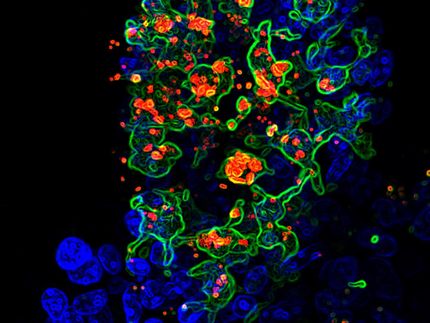FDA Clears IND for Cytogen's Monoclonal Antibody for the Treatment of Metastatic Hormone-Refractory Prostate Cancer
Advertisement
Cytogen Corporation announced the U.S. food and Drug Administration (FDA) has cleared an Investigational New Drug (IND) application for CYT-500, the company's lead therapeutic candidate targeting prostate-specific membrane antigen (PSMA). Cytogen expects to begin the first U.S. Phase I clinical trial of CYT-500 in patients with hormone-refractory prostate cancer subject to Institutional Review Board (IRB) approval at the planned clinical site.
CYT-500 uses the same monoclonal antibody from Cytogen's PROSTASCINT(R) (capromab pendetide) molecular imaging agent, but is linked through a higher affinity linker than is used for PROSTASCINT to a therapeutic as opposed to an imaging radionuclide. This novel product candidate is designed to enable targeted delivery of a cytotoxic agent to PSMA-expressing cells. Cytogen retains full and exclusive development rights to CYT-500.
PSMA is a protein abundantly expressed on the surface of prostate cancer cells, with an increased expression in high-grade cancers, metastatic disease and hormone-refractory prostate cancer. PSMA is also present at high levels on the newly formed blood vessels, or neovasculature, needed for the growth and survival of many solid tumors. In contrast to other prostate-related antigens such as prostate-specific antigen (PSA), prostatic acid phosphatase (PAP) and prostate secretory protein, PSMA is a membrane glycoprotein that is not secreted. These unique attributes make PSMA an excellent target for monoclonal antibody diagnostic and therapeutic options in prostate and potentially other cancers.




















































